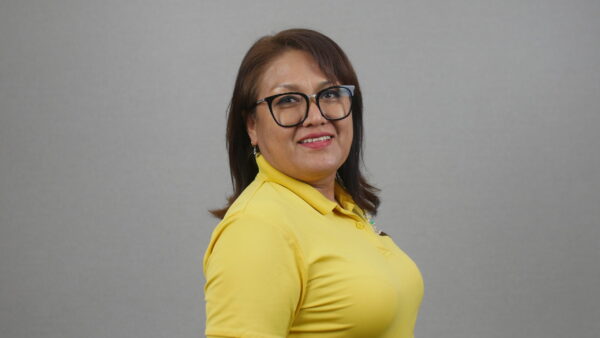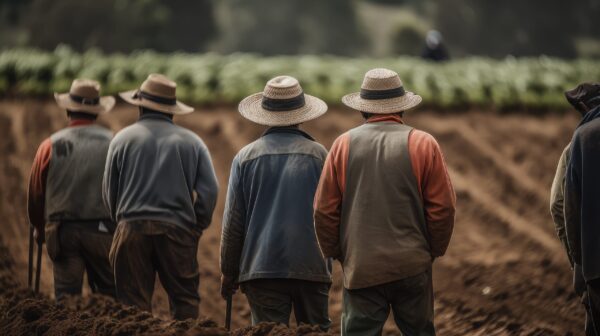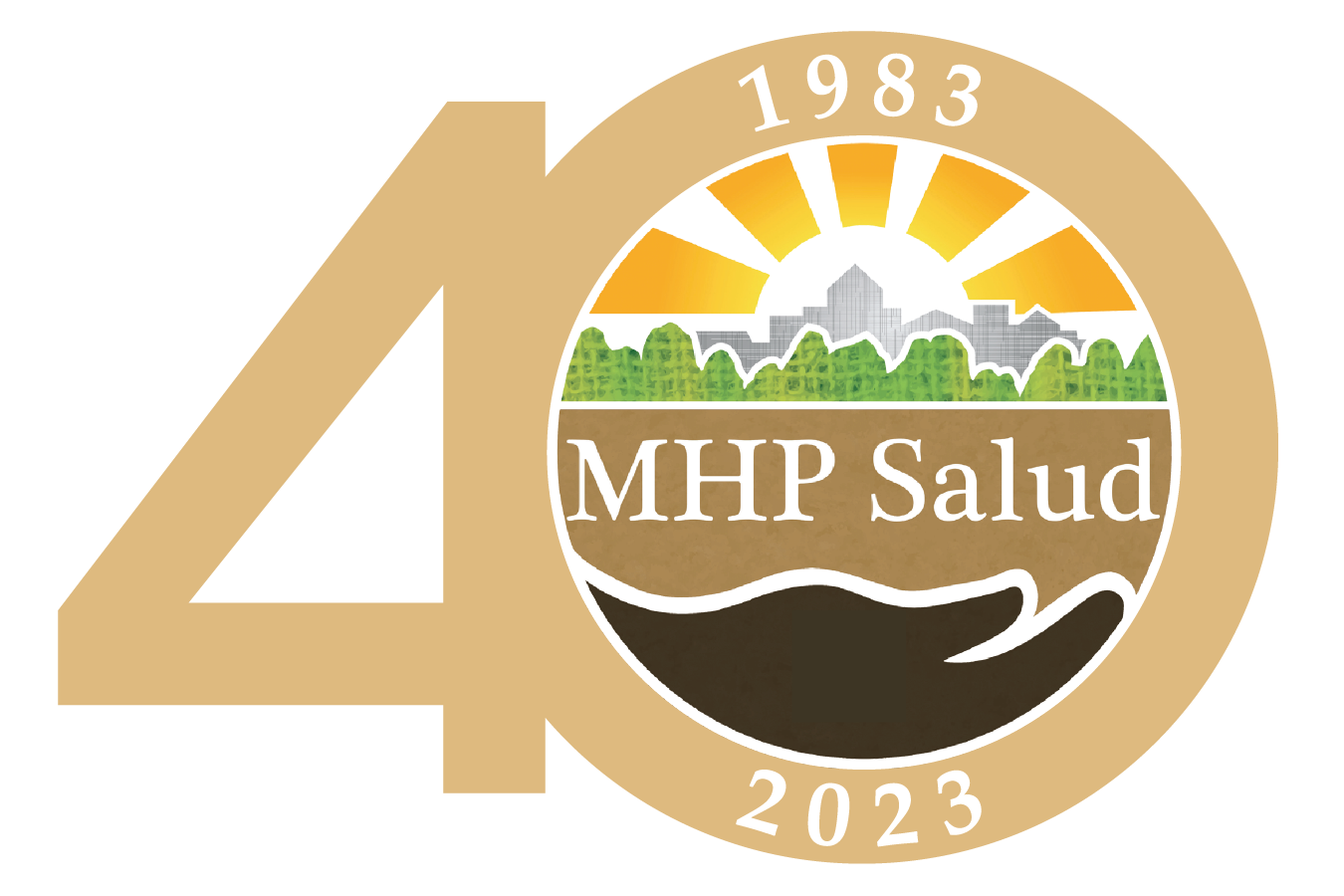Community Health Workers and MSAW Communities
The United States agricultural industry employs approximately 4.5 million workers nationwide; 1 to 3 million are Migratory and Seasonal Agricultural Workers (MSAWs). Because MSAWs and their families move from one agricultural location to another to continue working, capturing a complete population count can be challenging. MSAWs are a vulnerable population with unique health needs associated with hazardous work environments, limited healthcare access, continuity of care issues, and cultural and language barriers. These risk factors can result in MSAWs having limited access to preventive care, delayed diagnoses, and untreated medical conditions. As a result, MSAWs may have higher rates of chronic health conditions, occupational injuries, and infectious diseases. MSAWs may have higher rates of chronic health conditions, occupational injuries, and infectious diseases.
The good news is that an estimated 977,000 MSAWs and their families have received healthcare from health centers. Many health centers involve Community Health Workers (CHWs) in connecting the community to health services. CHWs, health centers, and health professionals can work together to implement strategic responses to increase healthcare access among MSAWs.
- A Community Health Worker (CHW) is a respected community member who empowers their peers by providing education and connecting them to health and social resources. CHWs build trust with MSAWs through community outreach and by gaining an understanding of their distinct needs as members of the community.
Health centers are community-based organizations that provide comprehensive, culturally competent, and affordable primary care services. They serve as the primary form of healthcare for MSAWs and their families and provide essential services such as medical exams, dental care, mental health services, and health education.
The following examples outline identified barriers and strategic responses focusing on health education, community resources, and advocacy-centered initiatives.
- MSAWs frequently move to follow the harvest season, making it hard for them to get continuous healthcare. MSAWs may live in rural areas with limited healthcare facilities or face other barriers, like transportation or work schedules, making accessing medical care difficult. Connecting MSAWs with resources, such as CHWs, telehealth, health centers, or mobile clinics, can help support better health outcomes.
- Many MSAWs can have different literacy levels, speak different languages, and have diverse cultural backgrounds, which can contribute to miscommunication and misunderstandings with healthcare professionals. Incorporating the practice of cultural sensitivity in clinical settings can help clinicians and enable staff to acknowledge and understand the communication style of MSAWs and their families. Effective cross-cultural communication skills help build trust and reduce communication barriers.
- MSAWs are less likely to have health insurance because of their immigration, low-income status, and lack of benefits. Even when they are eligible for insurance, they may not be aware of their eligibility or may need assistance enrolling for coverage. Promoting health equity among MSAWs can help reduce and address misinformation contributing to underutilizing health-related resources.
- MSAWs may hesitate to seek medical treatment due to concerns about discrimination or fear of possible deportation due to immigration status. It is estimated that roughly half of all agricultural workers in the United States are undocumented. Providing MSAWs with information about their legal rights or work permits like H-2A visas can be helpful. CHWs can help MSAWs connect to organizations that best support their legal needs.
CHW’s Role in Supporting Access to Health Care for MSAWs
CHWs have many roles when serving MSAWs, including as promotores de salud, care coordinators, navigators, lay health advisors, advocates, and health educators. They help MSAWs navigate the U.S. healthcare system, inform them about available health programs, and identify eligibility criteria. CHWs can provide health education, assist with making appointments and transportation, and improve health literacy through education and interpretation services. They are critical for agricultural workers as they provide direct assistance and serve as a link between MSAWs and inaccessible health and social resources.
It is vital for CHWs to be knowledgeable about emerging health issues and how to implement cultural competency in their day-to-day work. MHP Salud offers various resources to help enhance a CHW’s core skills and competencies and promote the best practices to support cultural competency in healthcare settings.

CHW Support Group (En Espanol)
Join our virtual support group calls related to COVID-19 for CHWs who work in health centers and who speak or provide services in Spanish. The next call takes place April 21, 2023, 1:00 PM to 2:00 PM (Central Time).
Guide to MSAW Mental Health Equity
This guide provides health center staff with important resources, information, and tools to address the unique mental health needs of their Migratory and Seasonal Agricultural Worker (MSAW) patients. One of the most crucial resources we explore is a Community Health Worker’s active role in bridging the gap between MSAWs and clinical care.
Self-Care for Farmworkers
This resource for CHWs shares tips from a CHW on how to help improve the self-care of farmworkers.
CHW Testimonials
As CHWs, we take a holistic approach to health education by addressing chronic health conditions and emerging health needs. It is essential to learn about the needs and concerns in our communities by being informed of health trends.
During the pandemic, we collaborated with NCFH and provided free resources to farmworkers in the community. We connected MSAWs to free-of-charge COVID-19 vaccine clinics, referred them to food banks, and provided masks for MSAWs to wear at the warehouses. We also provided peer health education on the importance of getting vaccinated and additional resources available to them.
We learned that some MSAWs don’t trust the clinics or resources available to them due to their immigration status or because they don’t believe vaccines prevent diseases or viruses; this population still needs health information. We also visited the farms and the fields where they worked during the pandemic and provided PPE.
It was a pleasure to assist them and provide the support they needed.”

María Salgado
Dinamica: Ice Breaker Activity
A dinámica is an activity or game with a specific purpose, such as to get to know one another, learn new information, review what was learned, brainstorm new ideas, or just get a group moving. Dinámicas can be done in a virtual setting as well to motivate and energize the group.
My History in 1 Minute
Purpose: To get to know each other. This activity can be implemented in person or virtually.
Directions: Tell participants that each person will have one minute when it’s their turn to share their personal history. Remind those listening to give their complete attention and not interrupt. Make sure to signal when one minute is up. You may want to use a bell or a timer.
Think Culture Health, Effective Cross-cultural Communication Skills Worksheet
Resources
Call for Health
Call for Health by the National Center for Farmworker Health (NCFH) is a nationwide, toll-free, bilingual health information and referral service program for farmworkers and their families.
Contact Call for Health Monday through Friday, 9:00 AM to 5:00 PM (Central).
Phone: 1.800.377.9968
WhatsApp: 1.737.414.5121
Facebook
Instagram
Migrant Health Center Map
The federal Migrant Health Program funds health centers nationwide to provide health care to nearly 800,000 farmworkers and their families every year. Read more about the background & history of the Migrant Health Program. The interactive map resource can help you learn more about migrant health centers in your area.
Texas Rio Grande Legal Aid (TRLA)
The nation’s second-largest legal aid provider and the largest in Texas, TRLA provides free civil legal services to residents in 68 Southwest Texas counties and represents migrant and seasonal farmworkers throughout the state and in six other southern states. TRLA also operates public defender programs that serve at least 10 Texas counties, representing low-income and indigent people accused of felonies, misdemeanors, and juvenile crimes. TRLA serves about 23,000 clients each year.
Toll-free: 1.833.329.8752
Is your organization interested in starting or strengthening a CHW program? Click here to see how we can help you.
HRSA Disclaimer
This publication is supported by the Health Resources and Services Administration (HRSA) of the U.S. Department of Health and Human Services (HHS) as part of an award totaling $678,959.00 with 0 percentage financed with nongovernmental sources. The contents are those of the author(s) and do not necessarily represent the official views of, nor an endorsement, by HRSA, HHS or the U.S. Government. For more information, please visit www.HRSA.gov.
MHP Salud Disclaimer
All content found in MHP Salud materials, including websites, printed materials, photos, graphics or electronic content, unless otherwise cited, credited or referenced, were created by MHP Salud and are the organization’s intellectual property. As such, they are not to be used without the permission of MHP Salud and, if permission is granted, is to be cited appropriately with name and/or logo as designated by the permission granted by MHP Salud in addition to any other condition listed in permission.



